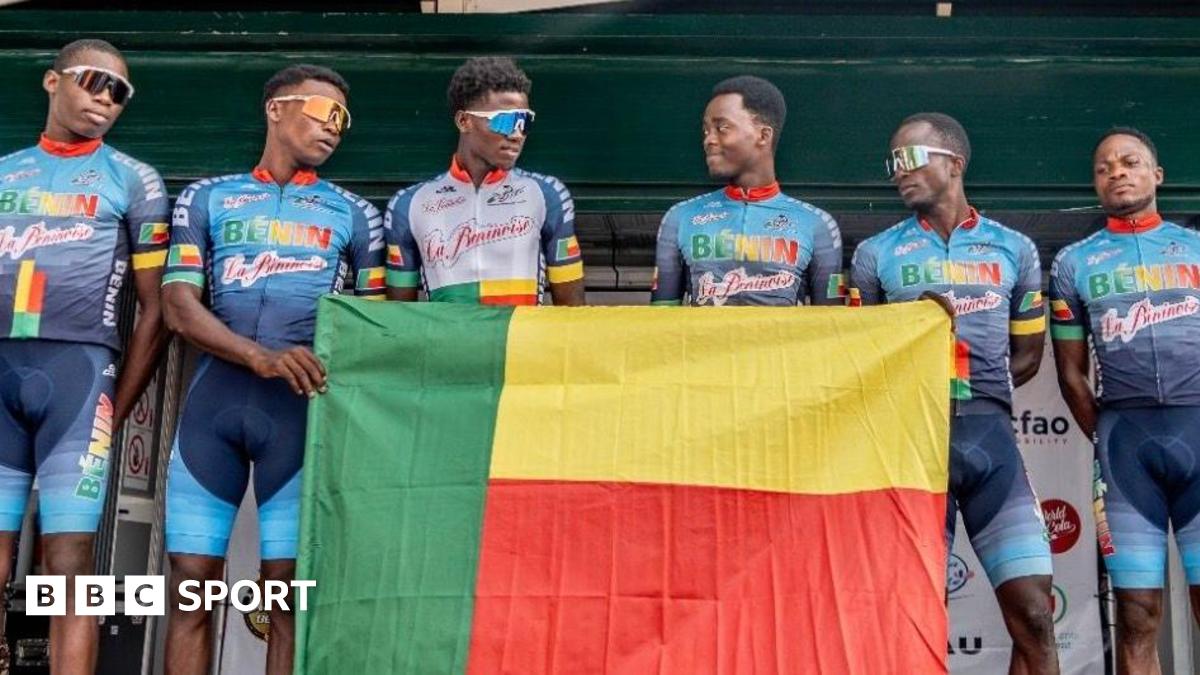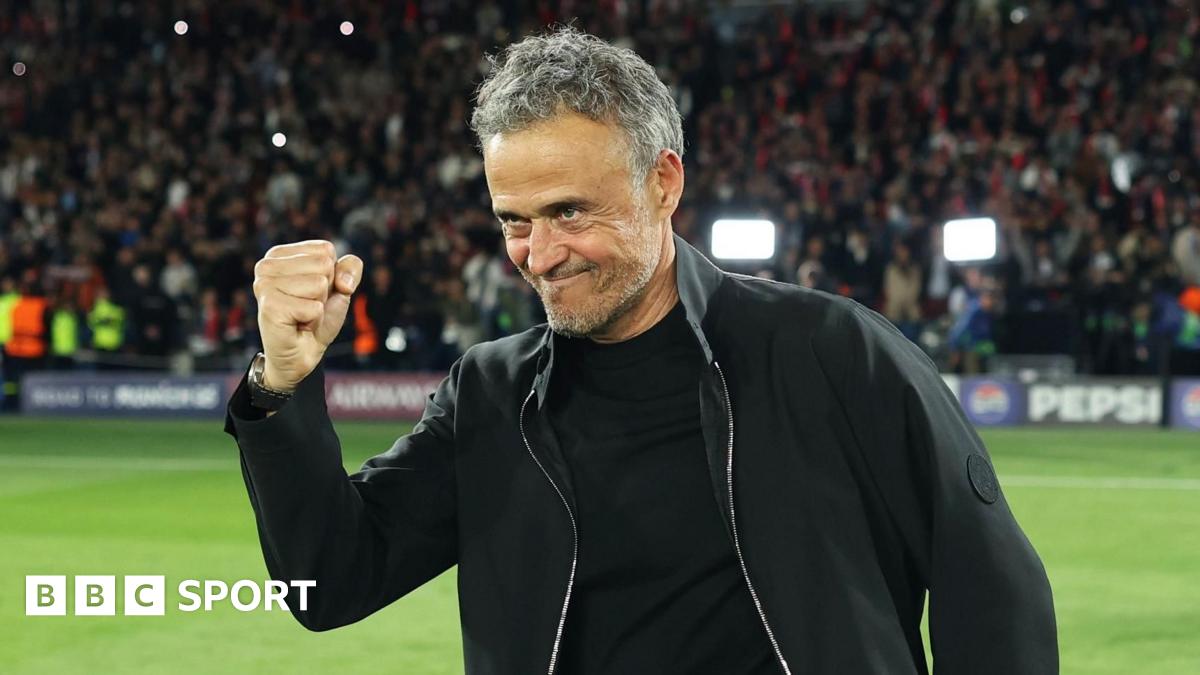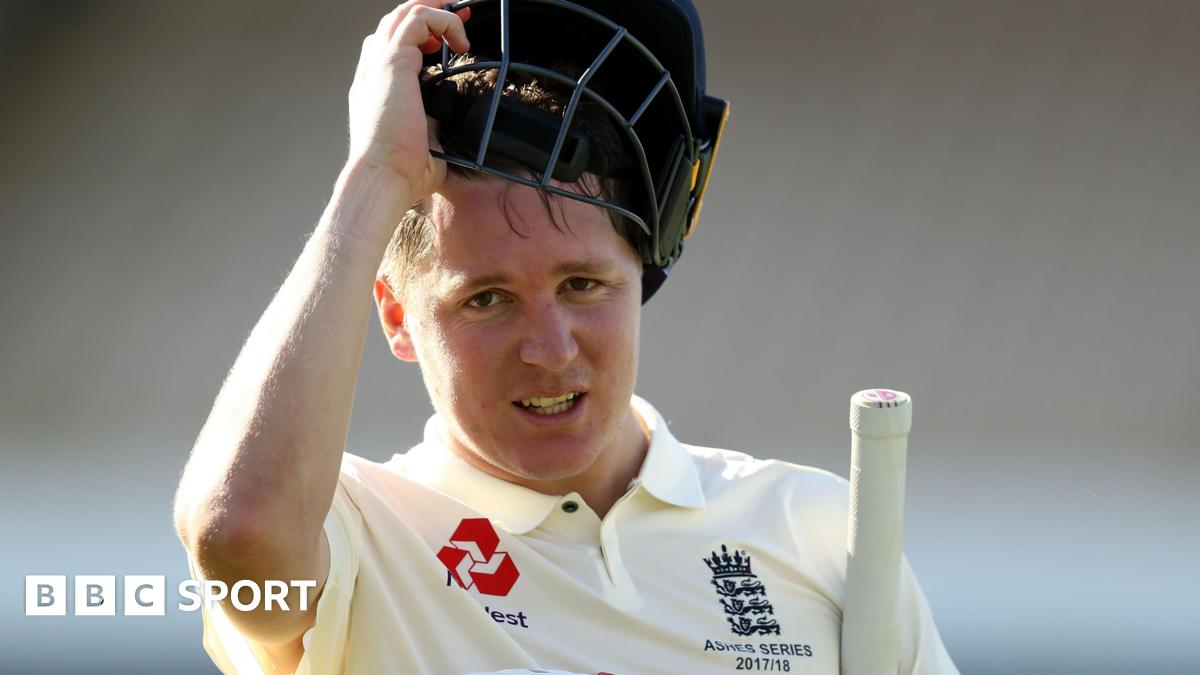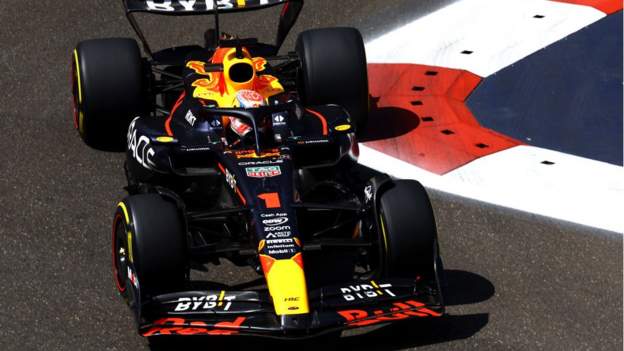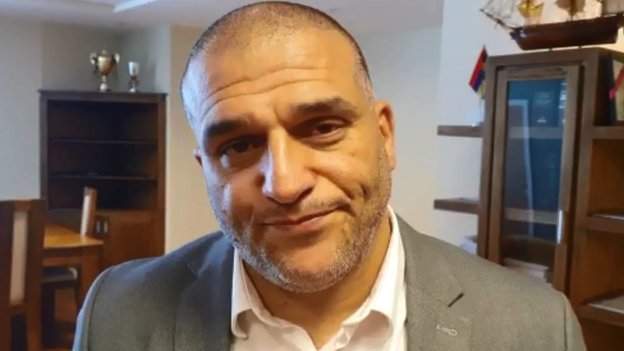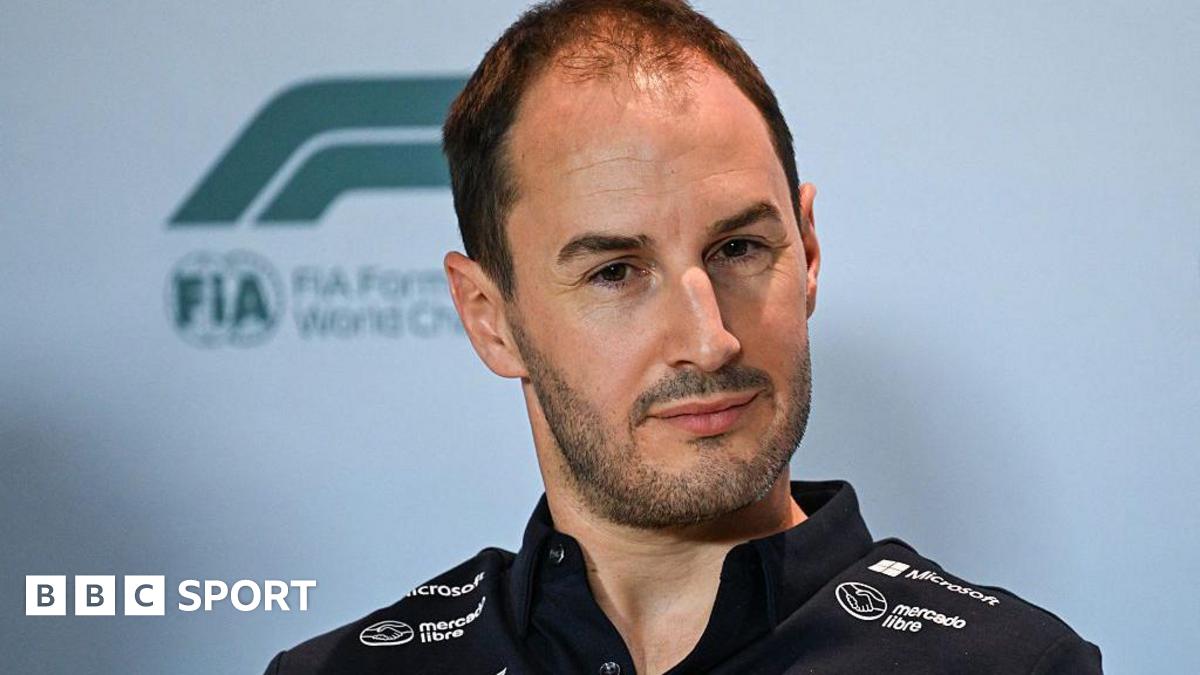Former Wimbledon champion Simona Halep says it is “really tough to lose days, weeks and months” as she waits for her doping case to be resolved.
The 31-year-old Romanian, who won Wimbledon in 2019, has been suspended provisionally for the past six months.
Halep tested positive for roxadustat at the US Open in August but denies knowingly taking the banned substance.
The International Tennis Integrity Agency, responsible for testing in the sport, said “the process is ongoing”.
It added that former world number one Halep’s case was “being run in line with the World Anti-Doping Code”.
Two-time Grand Slam champion Halep, who also won the French Open in 2018, said “cheating had never crossed” her mind and claims the failed test was down to a “contaminated” supplement.
Roxadustat is an anti-anaemia drug which stimulates the production of red blood cells in the body.
In her first interview since she was provisionally banned in October, Halep said she was frustrated with the time it was taking for the case to be resolved.
“I’m not asking for special treatment. I just ask to be judged. How much longer is this going to take?” she told the Tennis Majors website.
She added: “At this age, it’s really tough to lose days, weeks, and months. You are scared about the injuries. When you don’t have official matches, it is more risky.
“When time passes like this, it is harder to come back.”
Halep, who was ranked ninth when the ban came into force, is one of the highest-profile tennis players to fail a drugs test and the most prominent since Russian five-time major champion Maria Sharapova was banned in 2016.
Tennis’ world governing body, the International Tennis Federation, said it had had “no involvement in the management of the case”.
“The anti-doping programme is managed and enforced by the International Tennis Integrity Agency (ITIA) on behalf of the ATP, WTA, ITF and Grand Slams,” a statement read.
The investigations into failed tests by the ITIA are often a complex process, even more so when a player denies taking a substance knowingly.
It is not uncommon for these cases to take several months to be resolved.
In such cases, a player can produce evidence to disprove or mitigate the failed test. This would bring further investigation and testing by the ITIA, leading to the process being further extended.





